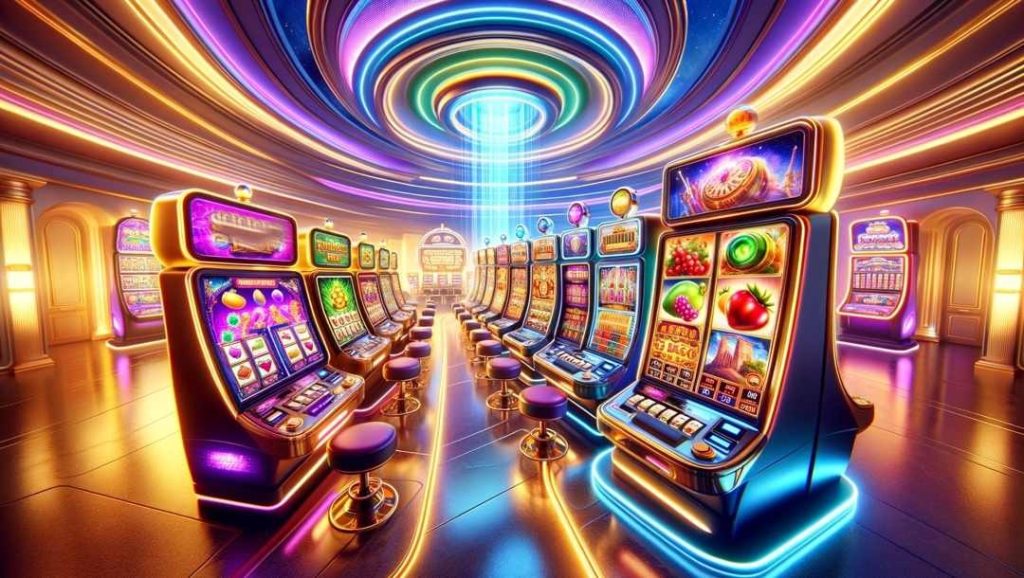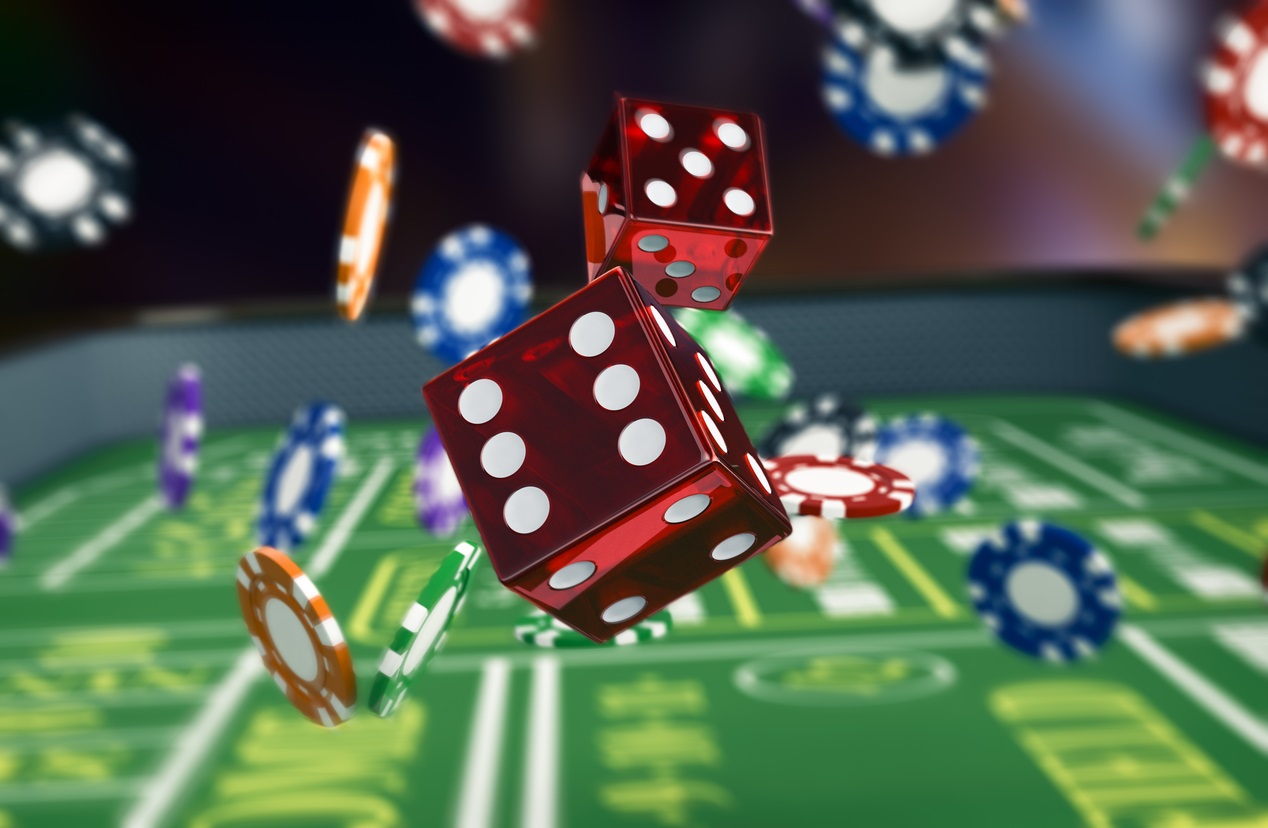Use Data Insights Enabling Improved Soccer Betting Predictive Accuracy
In today’s competitive soccer betting environment, relying solely on intuition is no longer enough. Leveraging data insights has become a game-changer, empowering bettors to make smarter, more accurate predictions. By analyzing patterns, trends, and statistics, you can enhance your decision-making and achieve consistent results.
Harnessing the Power of Data in Soccer Betting
Data-driven betting transforms how you approach matches. Instead of guessing outcomes, you rely on measurable insights derived from team performance, player form, and historical results. By integrating data analysis into your strategy, you can:
- Identify winning trends: Recognize patterns in team performance, scoring tendencies, and head-to-head records to anticipate likely outcomes.
- Evaluate player impact: Use statistics on player injuries, form, and contributions to refine predictions for each match.
- Monitor match conditions: Analyze factors such as weather, pitch conditions, and venue to understand their influence on results.
These insights provide a competitive edge, helping you place bets with confidence and accuracy.
Key Data Sources for Predictive Accuracy
Accessing the right data is crucial for reliable predictions. Essential sources include:
- Team performance metrics: Goals scored and conceded, possession statistics, and defensive efficiency.
- Historical match records: Head-to-head outcomes, streaks, and seasonal performance trends.
- Player statistics: Key contributions, playing time, form ratings, and fitness levels.
- External factors: Weather conditions, home vs. away advantage, and travel fatigue.
By integrating these elements, you can build a comprehensive understanding of match dynamics, minimizing guesswork and maximizing accuracy.
Leveraging Analytical Tools for Smarter Bets
Modern analytical tools allow you to process complex datasets quickly, turning raw numbers into actionable insights. Key benefits include:
- Predictive modeling: Advanced algorithms forecast probable outcomes based on historical trends and current conditions.
- Risk assessment: Quantifying probabilities helps identify safer betting options and avoid unnecessary losses.
- Pattern recognition: Automated systems detect subtle trends that may be missed through manual analysis.
Combining these tools with human intuition creates a well-rounded approach that significantly improves predictive accuracy.
Benefits of Data-Driven Soccer Betting
Using data insights for betting delivers multiple advantages:
- Enhanced confidence: Decisions are backed by measurable evidence rather than assumptions.
- Improved consistency: Patterns and trends increase the likelihood of positive outcomes over time.
- Strategic growth: Insights guide long-term strategies, ensuring sustainable betting performance.
By embracing data-driven strategies, you elevate joker28 from a game of chance to a calculated, intelligent pursuit.
Conclusion
Soccer betting no longer relies purely on luck. Data insights provide a clear path to improved predictive accuracy, offering a powerful advantage to those willing to analyze, interpret, and act on information. By understanding trends, leveraging statistical tools, and applying analytical reasoning, you can transform your betting experience into one of precision, confidence, and long-term success.

